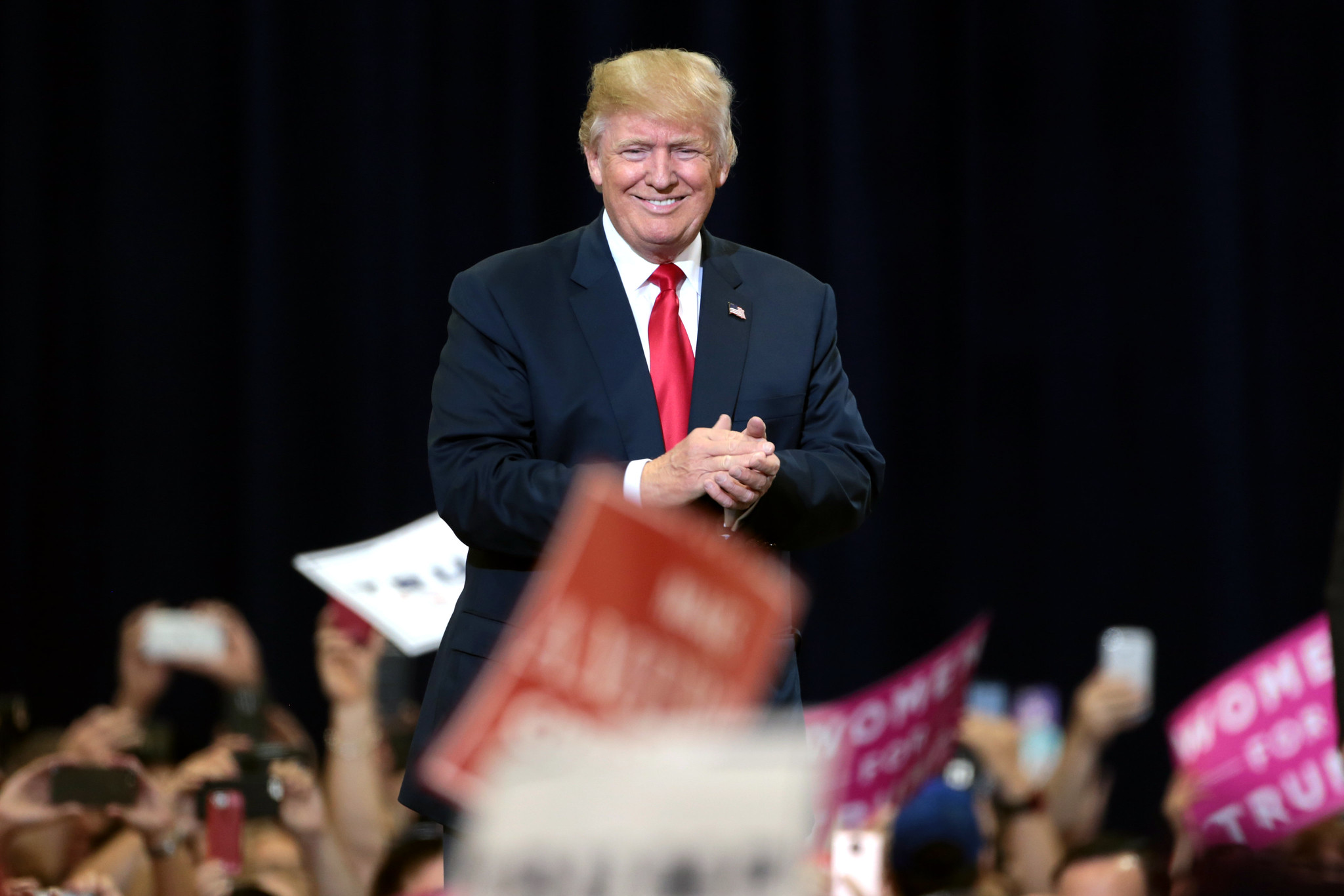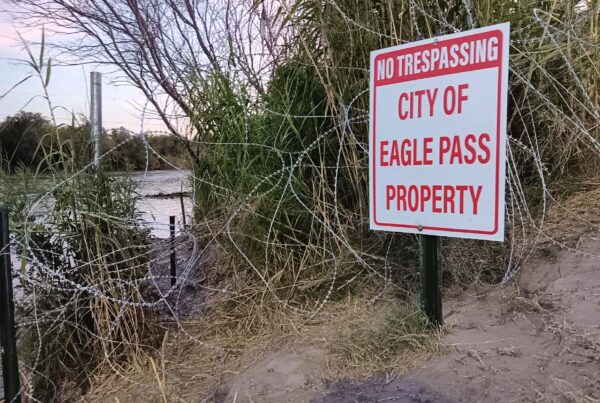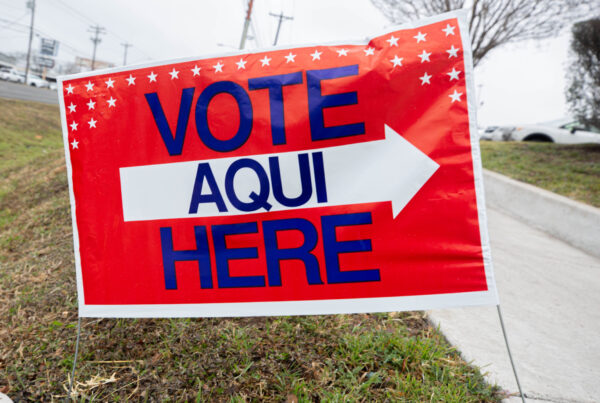Former President Donald Trump won the New Hampshire primary – the first in the nation this election season – on Tuesday.
In New Hampshire, Trump withstood a challenge from his former United Nations ambassador, Nikki Haley, who remains as the other major Republican candidate in the race after other hopefuls, including Florida Gov. Ron DeSantis, dropped out.
Matthew Wilson, an associate professor of political science at Southern Methodist University, said the victory puts Trump on a clear path to securing the Republican nomination.
“I think we can say now that barring extraordinary events – either something happening with Trump on the legal front or the health front – that he should cruise to the Republican nomination,” Wilson said. “Basically, if Nikki Haley could not win in New Hampshire, it’s hard to imagine the state where she could win under the current circumstances. So Trump’s got to feel pretty good about his prospects.”
The GOP primary field was sparse this year compared to recent election cycles, which Wilson chalks up to Trump’s position as a quasi-incumbent, since he was recently president but is not currently in office.
“His shadow loomed over the proceedings, and everybody knew that Trump had a huge following within the Republican Party, that he would start with virtually half the vote,” Wilson said. “And we’ve seen that happen in Iowa. We’ve seen that happen in New Hampshire. And I think that’s why a lot of people didn’t throw their hat in the ring. And those that did got discouraged and out of the race fairly quickly.”
» GET MORE NEWS FROM AROUND THE STATE: Sign up for Texas Standard’s weekly newsletters
Wilson said Trump’s stature in the party seems to be counteracting the power of endorsements for other candidates — though those who had withheld their endorsements from Trump have started to throw their weight behind him, including Texas Sen. John Cornyn.
“The governor of Iowa had endorsed Ron DeSantis. The governor of New Hampshire had endorsed Nikki Haley. Neither one of those endorsements ended up carrying that person to victory,” Wilson said. “At this point, a lot of people who had hoped for a nominee other than Trump see the writing on the wall. And their concern now, for someone like Cornyn, is that the process not be prolonged to no point, and hurt the party’s efforts against Biden in the fall.”
Texas’ primary election is on March 5, with early voting opening Feb. 20. Texas also has an open primary, meaning anyone can request a ballot to vote in the primary of either party, without prior party registration. Because of this, Wilson said the makeup of Texas’ primary voters will depend on who is still in the race.
“If [Nikki Haley] is still in the race, then the overall Texas Republican electorate on March 5 might look a bit more moderate, and there might be a bit higher turnout,” he said. “If it really is a one-man show at that point and Trump is the only meaningful candidate, then turnout is likely going to be a bit lower, and the complexion of the electorate will skew somewhat more conservative, somewhat more populist.”
If Trump does end up on the presidential ticket in the fall, that will also impact turnout for down-ballot races.
“Trump at the top of the ticket will help Republicans who are running in more rural districts. But he could be a drag, as he has been in the past, on Republicans running in more suburban, perhaps more moderate districts,” Wilson said. “And so it really depends on the kind of contest, how those down-ballot candidates are going to look at this result.”














